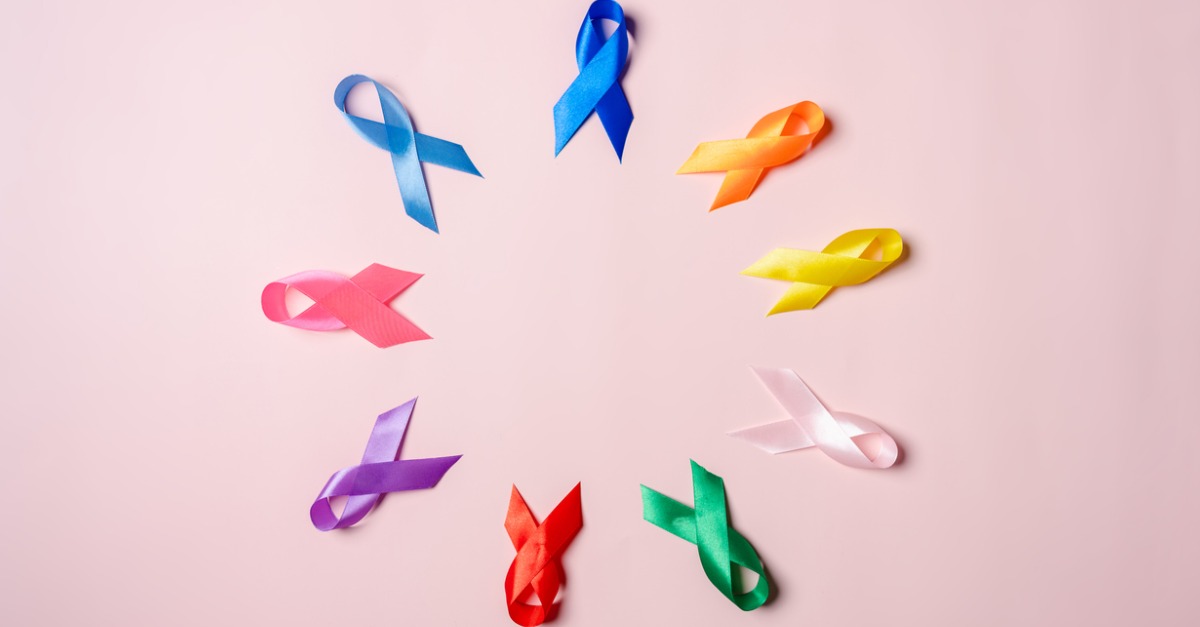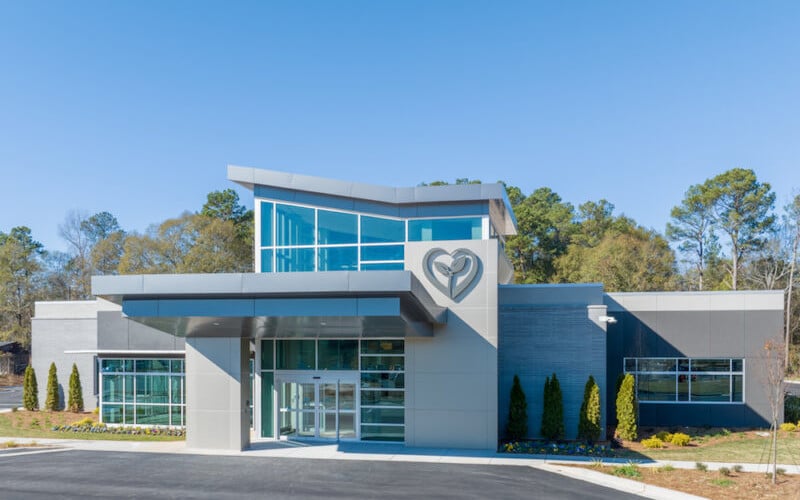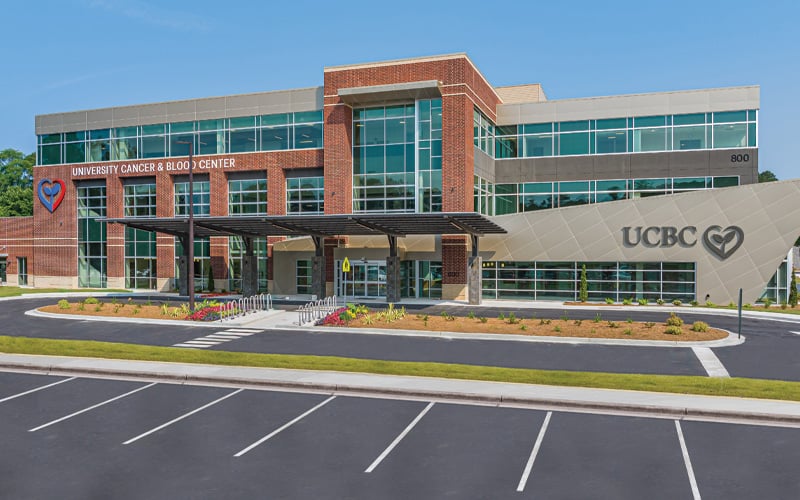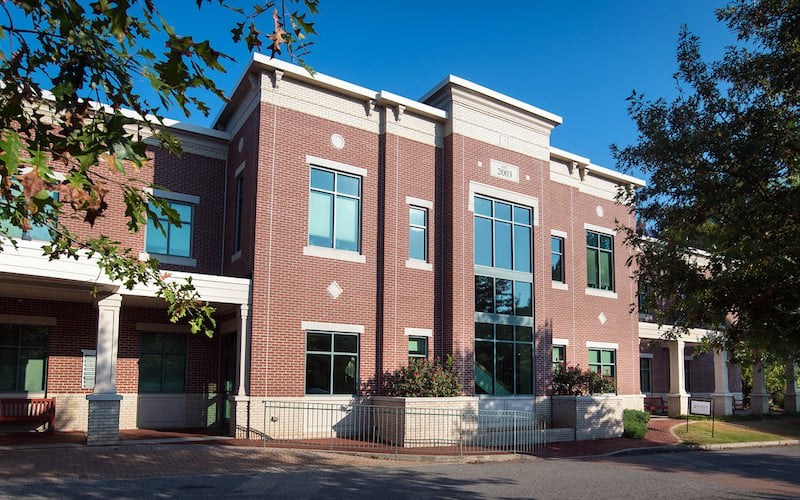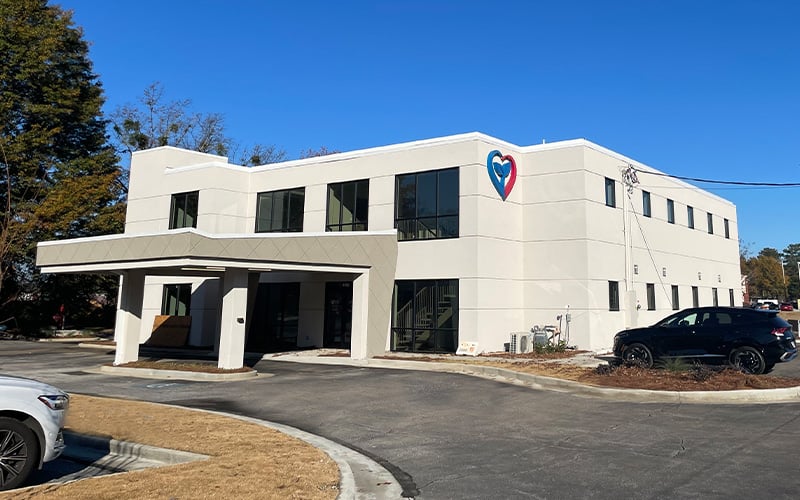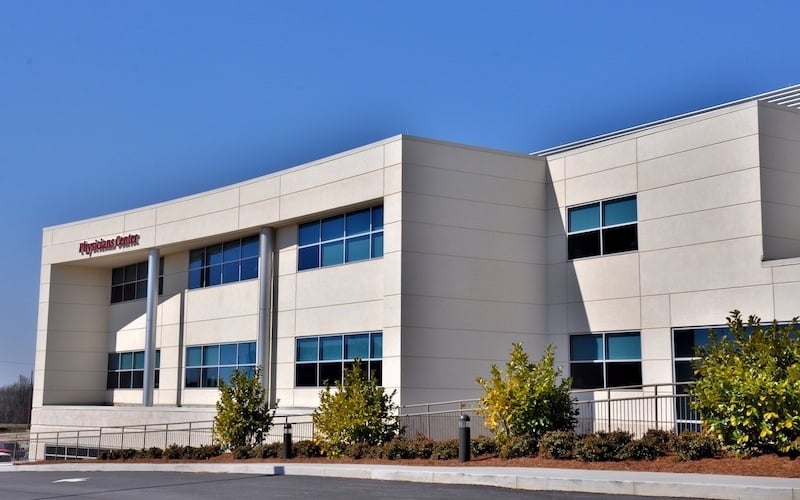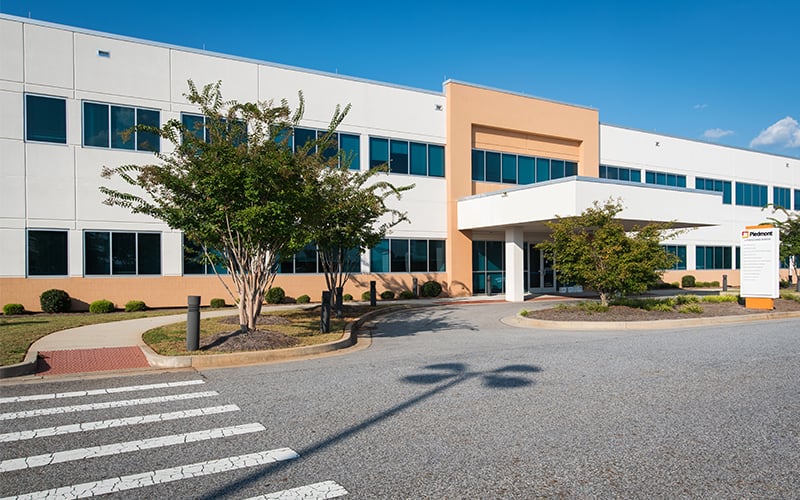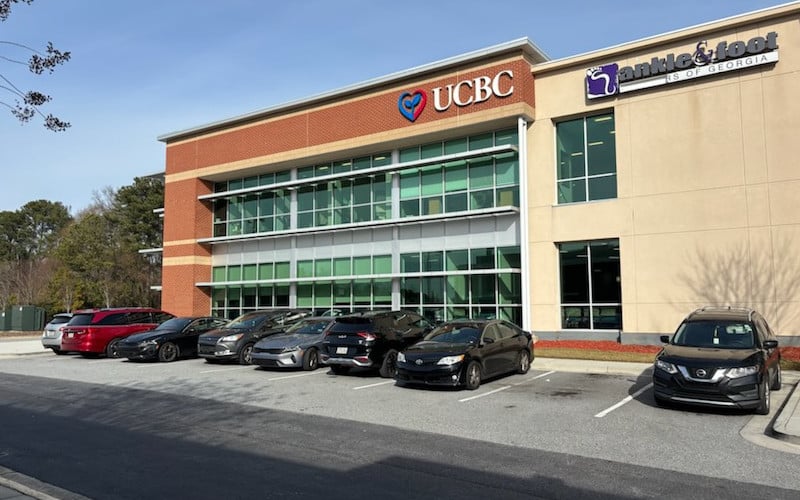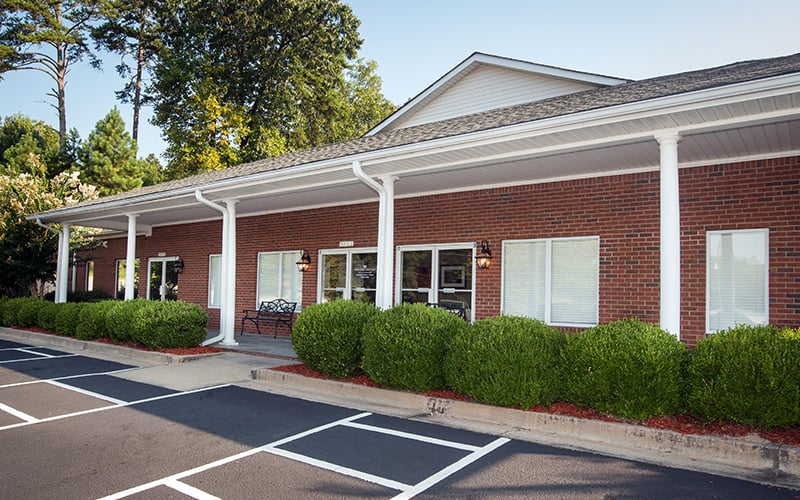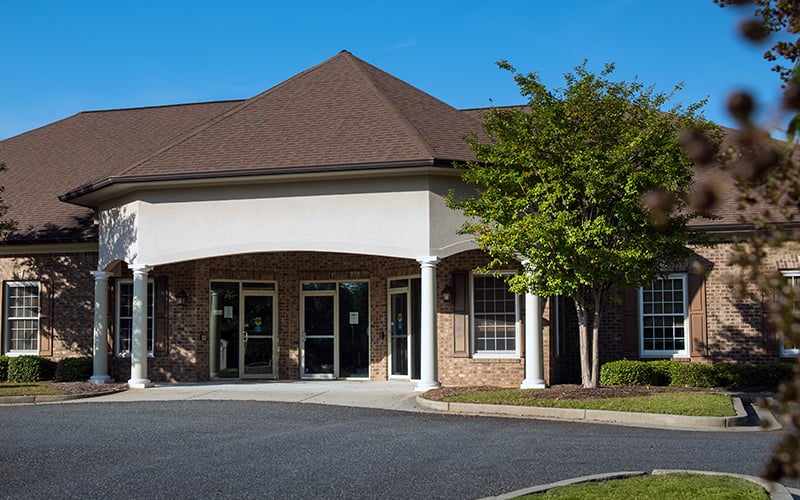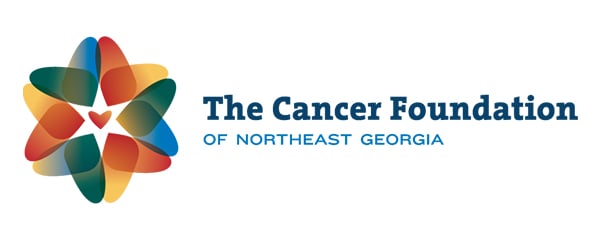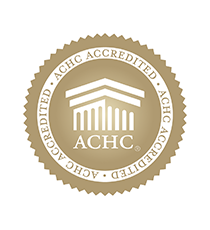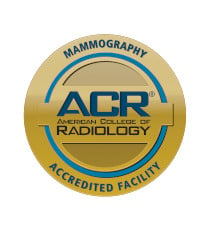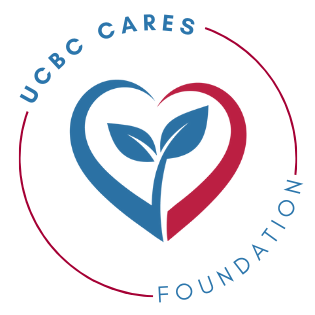The heart ceaselessly pumps millions of gallons of blood during the average lifespan, supplying our brains, organs, and bodily systems with the oxygen and nutrients they all need to keep us functioning at our best.
But when a serious disease invades our bodies, the heart also vitally assists our immune system when it comes to fighting the illness. In the case of cancer, however, some treatments themselves can affect the heart adversely. In honor of this essential organ, here’s what we’d like you to know about taking care of your heart while also taking care of cancer.
How Cancer Treatment Can Impact Your Heart
Some cancer treatments can damage either your heart muscle itself, your blood vessels, or a combination of the two. This is because some cancer treatments can have toxic effects on the heart. These include certain chemotherapies, chest radiation, immunotherapy, or other targeted therapies. The damage from these treatments can specifically cause cancer treatment-related cardiac dysfunction (CTRCD), but other heart problems including hypertension, arrhythmia, inflammation of the heart’s membrane, or progressive coronary artery disease may also develop during treatment. Some individuals even experience these complications as much as months or years afterward.
The cancer therapies most often associated with these cardiotoxic side effects include:
- Anthracycline chemotherapies
- Trastuzumab, Cisplatin, and Mitoxantrone (chemotherapy medication)
- Checkpoint inhibitors (immunotherapy drugs)
- High-dose chest radiation
- Certain targeted therapies
Whose Heart May Be At Risk
Women, adults ages 60 and over, and children are those who may be at higher risk for cardiotoxic side effects. Beyond these three groups, the risk of cardiac damage resulting from cancer therapy also dramatically increases for individuals who have:
- A smoking habit
- Diabetes
- Hypertension (high blood pressure)
- High cholesterol
- Pre-existing heart problems
- Excessive weight (obesity)
Regardless of your risk factors, it’s important to be mindful of your heart health during cancer treatment. Symptoms that may indicate cardiac damage from cancer treatment can include:
- Chest pain
- Fatigue
- Difficulty breathing or shortness of breath
- Swelling in the extremities
How to Take Care of Your Heart During Treatment
“Keeping in close communication with both your family doctor and your oncology team is one of the best ways to protect your heart during and after cancer treatment,” advises Dr. Amanda Hathaway, a hematologist and oncologist at UCBC. “Together, they can discuss your previous heart health, family history, and treatment regimen, as well as plans of action to safeguard your heart both during and after treatment.”
Your doctor may also recommend a baseline risk assessment prior to treatment, to determine your current heart health and risk factors that may arise during your specific treatment. Echocardiography is also a type of imaging that may be recommended to monitor your heart’s health during and up to 12 months after treatment.
There are other things you can also do to further safeguard your heart health while undergoing treatment and thereafter:
- Reach and maintain a healthy weight.
- Participate in regular exercise.
- Eat a heart-healthy diet of fruits, vegetables, and lean proteins.
- Stick to all of your follow-up appointments.
- Tend to your emotional health.
At University Cancer & Blood Center, we care deeply about your whole health, from the time of diagnosis, through treatment, and long into your survivorship. Call us with your questions at 706-548-0500.
